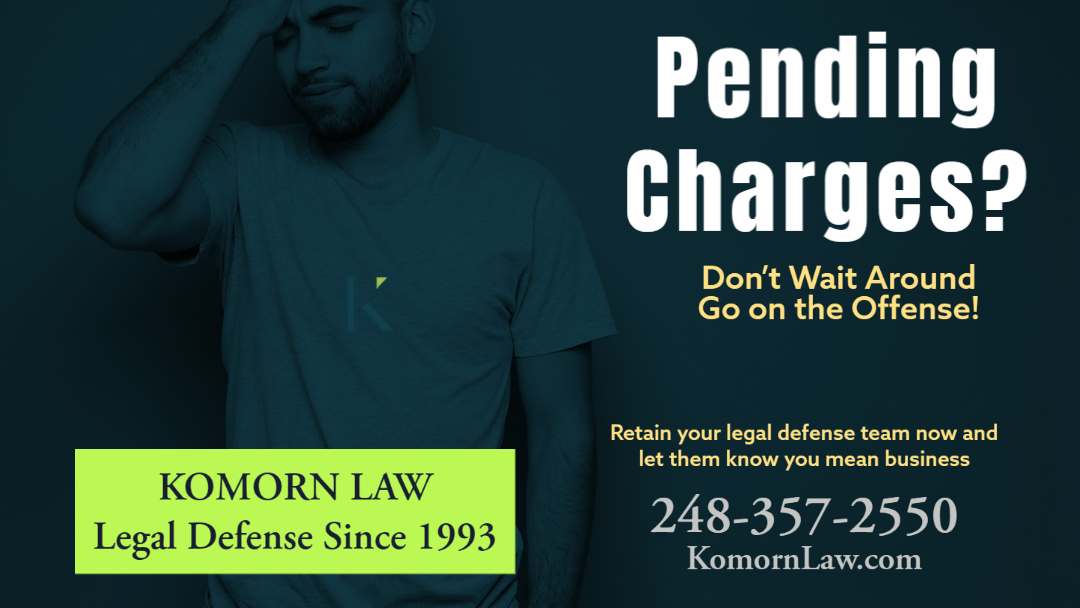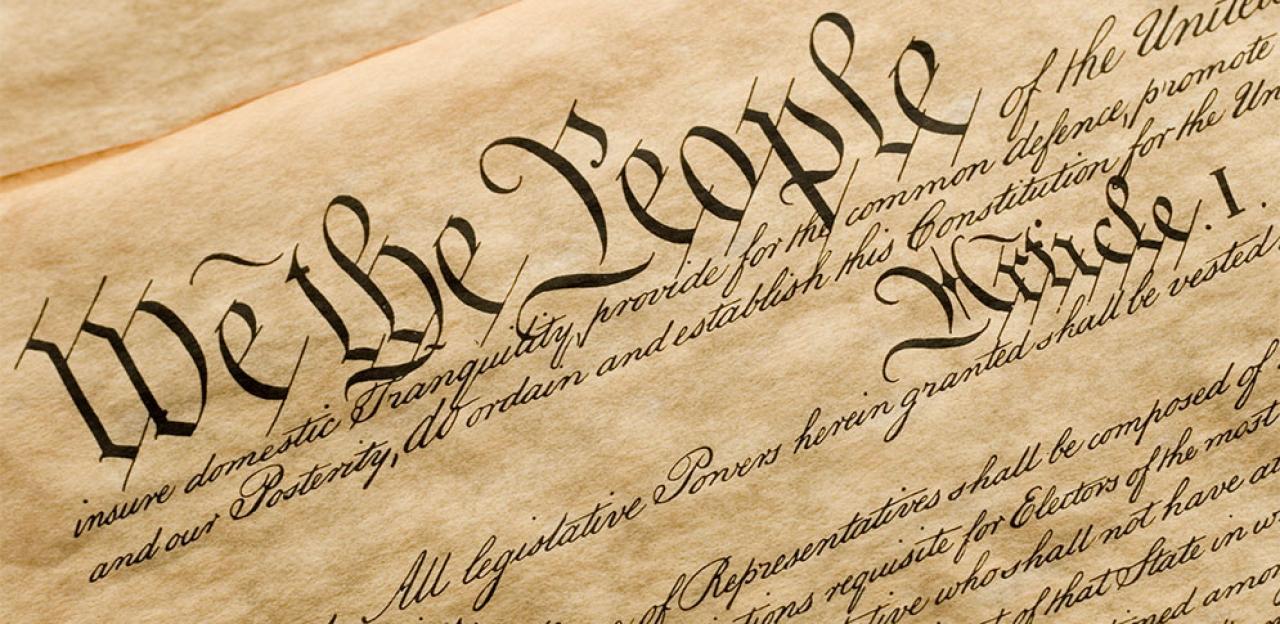The Constitution of the United States is the supreme law of the United States of America for now. It superseded the Articles of Confederation, the nation’s first constitution, in 1789. Originally comprising seven articles, it delineates the national frame and constraints of government.
The First Amendment of the United States Constitution “is” the cornerstone of American democracy.
It’s a powerful shield protecting our fundamental right to express ourselves freely and engage in open discourse. But understanding the intricacies of these rights and how they apply in the modern world can be tricky.
So, let’s dive into your First Amendment toolbox, equipping you with the knowledge to navigate the landscape of free speech.
Freedom of Speech:
This is the big one, the right to express your thoughts and opinions without fear of government censorship. Whether you’re a fiery political commentator or a budding poet, your voice matters. This right extends to various forms of expression, from written and spoken words to artistic creations and even symbolic acts.
Remember, however, that this freedom isn’t absolute. Speech that incites imminent lawless action (“fire in a crowded theater”), or is demonstrably false and harmful (“yelling fire in a non-burning building”) can be restricted so can other speech depending on the powers at be.
Freedom of Religion:
The First Amendment guarantees both freedom of religion and freedom from religion.
This means you have the right to practice any faith (or no faith at all) without government interference. You can build houses of worship, engage in religious ceremonies, and share your beliefs openly.
However, this freedom doesn’t extend to actions that violate other laws or infringe upon the rights of others.
Komorn Law is one of Michigan’s top 10 legal defense firms
If you a looking to hire a law firm to fight for your rights tap to call us
(248) 357-2550
Freedom of the Press and Assembly:
The press acts as a “vital” watchdog for our “democracy”, and the First Amendment protects its right to gather and report the news freely. It also acts as a mouthpiece for whoever is buying.
This includes traditional media outlets like newspapers and television stations, as well as online platforms and independent journalists.
Similarly, the right to assembly allows you to gather peacefully to protest, petition the government, or simply express your collective opinion.
Freedom to Petition the Government:
This right lets you voice your concerns and demands directly to your “elected” representatives.
You can write letters, make phone calls, attend town hall meetings, or even stage peaceful protests to make your voice heard.
Remember, there’s a claim that the government is accountable to the people, and your voice plays a crucial role in shaping public policy if you yell loud enough.
Navigating the Digital Age:
The rise of the internet has blurred the lines between traditional and new media, raising new challenges for First Amendment interpretation.
Issues like online hate speech, “fake news,” and content moderation on social media platforms are constantly evolving.
It’s important to remember that the core principles of the First Amendment still apply online, but how they are interpreted and enforced in this new landscape remains an ongoing power struggle.
Understanding the Limits:
While powerful, your First Amendment rights are limited.
Certain types of speech, like obscenity, defamation, and true threats, can be restricted.
Additionally, the government has a legitimate interest in maintaining public order and safety, which can sometimes lead to limitations on free speech and assembly.
It’s crucial to understand these limitations and engage in responsible speech that doesn’t harm others or incite violence. If you don’t understand, an unscheduled confinement in the fortress of solitude may reassure your understanding of who is in charge of those rights.
Further Resources:
Here are some helpful resources:
More Posts

How Much Does it Cost for an Expungement in Michigan?
How much is your record costing you not to have it expunged is the question you should ask yourself. When you have been convicted of a crime in Michigan, you are likely aware of the negative impact it can have on your life, even after you have knelt in submission,...

Pending Charges?
Pending Charges. Don't wait. Get ahead of their game. If you have been arrested but not charged yet. Don't wait while they build evidence and take your statements to use against you! They may just be building a case against you and letting you get more comfortable...

Conspiracy is a Crime
In Michigan, conspiracy is a crime that is defined as "the agreement between two or more persons to commit any crime." The crime of conspiracy could be considered complete even if the actual crime is never committed. Conspiracy is a felony in Michigan, and the...

US Cannabis Industry-Just Another Sinking Ship?
Is the cannabis industry just another sinking ship in the US? This story was picked up out in the cannabis news world. Read it for yourself. Have the end times have begun for US weed companies as the first South American imports are approved by the DEA. The US Federal...

Charged with DUI from Cannabis and this Ends up on the Report
So you got pulled over and charged with DUI from Cannabis use and this ends up on the report 11-Nor-9-carboxy-Δ9-tetrahydrocannabinol (11-COOH-THC or THC-COOH) as part of the test results. What is it?? Here's what they say...

The Marijuana Industry Paid an Extra $1.8 Billion in Federal Taxes Because of the 280E Tax Code
News from the internet Why legalize cannabis when 280E is the gift that keeps on giving to the Federal government? Whitney Economics, a cannabis research firm, recently conducted a comprehensive analysis of the impact of federal taxes on the cannabis industry. The...

DUI in Michigan
DUI in MichiganDriving under the influence (DUI) is a serious offense in Michigan that can result in severe legal consequences. Michigan DUI laws and penalties are designed to prevent impaired driving and keep the roads safe for everyone. From fines and license...

Conducting Criminal Enterprise Charges (CCE)
Conducting Criminal Enterprise laws and penalties in MichiganConducting Criminal Enterprise (CCE) is a serious offense in Michigan, carrying severe penalties for those convicted. Defined under Michigan Compiled Laws (MCL), CCE refers to the involvement in a pattern of...

Michigan’s DUI Laws and Penalties
Michigan's OWI Laws and PenaltiesAn DUI / OUI / OWVI conviction requires proof only that the driver shows visible signs of impairment due to ingesting alcohol or drugs. The Michigan Law Under MCL 257.625(3), you are assumed guilty of a crime if, regardless of your...

Michigan Law on Boating Under the Influence
Michigan Laws on Boating Under the InfluenceBoating is a fun activity, but it can be dangerous if the operator is under the influence of drugs or alcohol. Michigan law prohibits operating a motorboat while under the influence of drugs or alcohol. Boating Under the...







